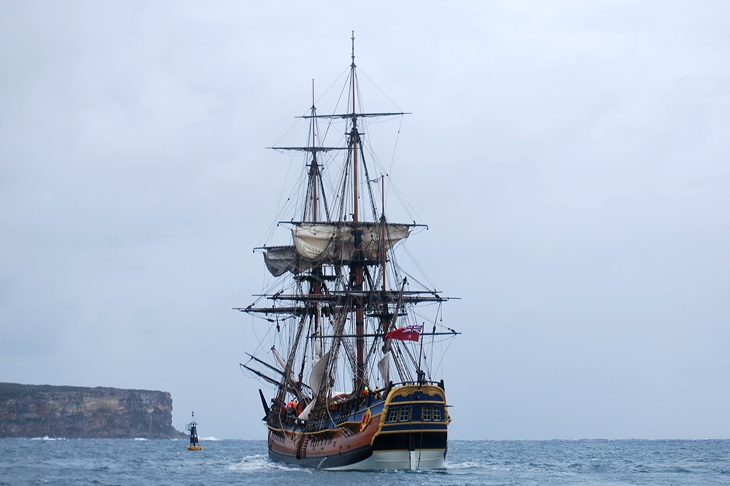Can there ever have been such a pathetic example of historical mis-and-disinformation as the Woke claim that the discovery of Australia by Captain Cook and the subsequent landing of British convicts at what became Sydney, was an ‘invasion’? Arriving at Botany Bay on January 24, 1788, the fleet of eleven ships comprised two naval ships (with a complement of marines to become prison guards), three supply ships, and six transports.
Already a subscriber? Log in
Subscribe for just $2 a week
Try a month of The Spectator Australia absolutely free and without commitment. Not only that but – if you choose to continue – you’ll pay just $2 a week for your first year.
- Unlimited access to spectator.com.au and app
- The weekly edition on the Spectator Australia app
- Spectator podcasts and newsletters
- Full access to spectator.co.uk
Or


























Comments
Don't miss out
Join the conversation with other Spectator Australia readers. Subscribe to leave a comment.
SUBSCRIBEAlready a subscriber? Log in